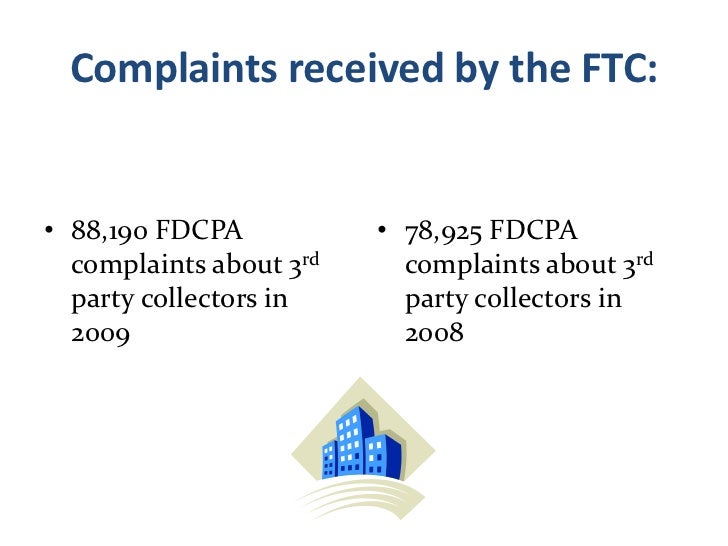
This information will be important to have if you decide to file a lawsuit. Finally, you should also keep any letters or legal documents that may be sent to you. Also, make sure that the person calling is actually a debt collector and that the debt is yours. If a debt collector has been contacting you, write down the dates and times of the calls and take note of anything he/she says. What To Do if a Debt Collector Is Harassing You This means that these laws do not apply to business loans. You must act quickly, however, because you only have 1 year to pursue a lawsuit.įinally, you should know that both the FDCPA and the Rosenthal Act only apply to consumer debt that is used for personal, family or household purposes. If you believe a lender or debt collector has violated your rights, the Rosenthal Act allows you to file a lawsuit to recover damages of up to $1,000 and attorneys’ fees. While the Rosenthal Act also requires debt collectors to follow the FDCPA, the state’s law goes a step further because it applies to any business that is involved in debt collection, including: The state’s version of the FDCPA also prohibits debt collectors from using harassing, abusive, misleading or deceptive debt collection practices. In addition to the FDCPA, California residents are also protected by the Rosenthal Fair Debt Collection Practices Act, which is known as the Rosenthal Act. California’s Rosenthal Fair Debt Collection Practices Act Gives You Greater Protection Than Federal Law We understand the situation you are in and are highly experienced in fighting debt collector harassment. If you can prove that you suffered emotional harm because of the harassment, you may also be awarded additional compensation.ĭespite these protections, you should never go up against a debt collector alone. If you are being harassed by a debt collector, you have a right to file a lawsuit, and the FDCPA allows you to recover damages of up to $1,000. Furthermore, during the initial contact debt collectors must inform debtors of their right to dispute the debt. In addition, debt collectors are required to identify themselves and state the reason for the call. Threatening to have the debtor arrested.Using threats of violence to collect a debt.Making repeated abusive or harassing calls to debtors.In particular, the FDCPA prohibits debt collectors from: Under the Fair Debt Collection Practices Act (FDCPA), debt collectors cannot use abusive or deceptive tactics to collect debts. How Do I Stop Debt Collector Harassment in California? Contact our office today to learn how we can help. Although we all have an obligation to pay our bills and debts, you don’t have to put up with abuse.

We know how stressful having debt problems can be, especially when debt collectors are harassing you. The Fullman Firm is a leading consumer protection and credit defense practice serving clients throughout California.


The best way to enforce your rights under these laws is to have an attorney in your corner. These laws include the federal Fair Debt Collection Practices Act and California’s Rosenthal Fair Debt Collection Practices Act. If you live in California, you are protected against debtor harassment by federal and state laws.


 0 kommentar(er)
0 kommentar(er)
